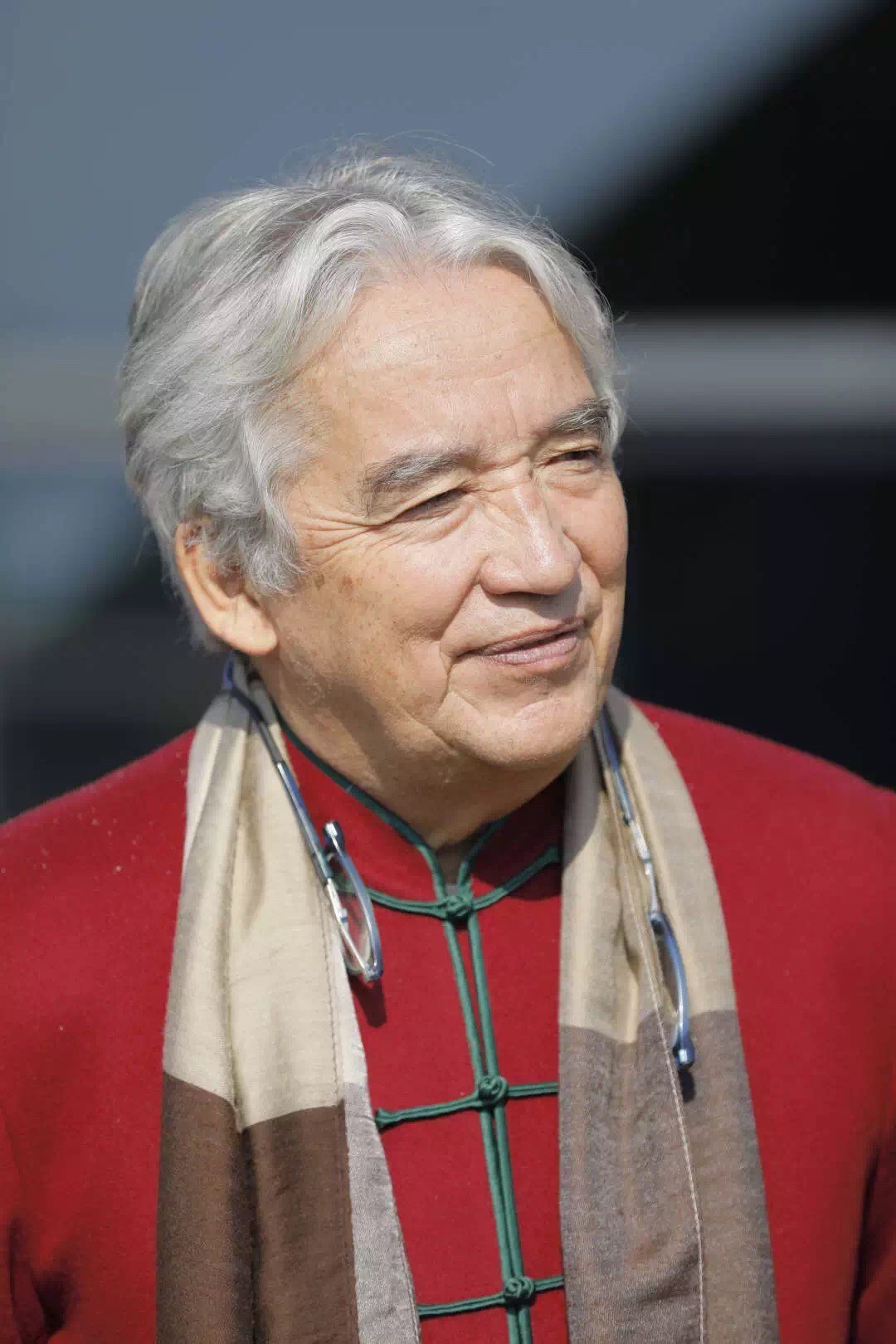 |
| Professor Ha Vinh Tho believes that happy schools should focus on moral values. (Photo: NVCC) |
Professor Ha Vinh Tho, founder of the Eurasia Institute for Happiness and Well-being; former Program Director of the Gross National Happiness Center in Bhutan, shared with The World and Vietnam Newspaper about happy schools.
Three foundations of happiness
Everyone has their own way of feeling happy. For you, what is the core essence of the Happy School project?
When it comes to happiness, we can distinguish two different aspects: One aspect of happiness is related to pleasant experiences such as enjoying a delicious meal or having a good time with friends. These are of course valuable but very personal, each person has their own way of enjoying them and are often short-lived.
We will face challenges in life, sometimes we have to work hard or sacrifice some personal interests to complete our work. Therefore, this is not the main aspect that we focus on in the Happy School project.
Happiness is living a meaningful life, not only for yourself but also for others and making valuable contributions to society.
Based on scientific findings and research, I believe there are three foundations of happiness.
First, people need to know how to take care of themselves and live in harmony with themselves. Always ask yourself if you understand yourself well enough, overcome difficult emotions, are compassionate and loving enough? Do you know how to cultivate positive qualities such as kindness, gratitude and generosity?
Second, knowing how to care for, connect with and live in harmony with others. At the same time, develop skills such as empathy, deep listening, compassion, genuine friendship, respect and trust; feel responsible to contribute constructively to the community and society.
Ultimately, people must learn to connect with nature, live in harmony with nature, and live greener, feeling empowered to contribute to a sustainable ecological future.
How do you perceive the happiness and pressures of Vietnamese children in schools today? What is your biggest goal in bringing the Happy School project to Vietnam?
The Covid-19 pandemic has exposed and exacerbated problems that were already present. A recent survey found that 33% of young people are at risk of depression in Vietnam, and the situation is similar in most other countries, including wealthy ones like Switzerland.
Too much pressure and fear of failure can also lead to stress and even burnout. In particular, there is a strong correlation between well-being, social-emotional skills, and long-term academic and work performance.
Therefore, our aim is to highlight the importance of students' physical, mental and emotional health as a central task of the education system. At the same time, share practical methods and pedagogical tools to enhance the happiness and well-being of both teachers and students.
Exams and scores are not the ultimate goal.
Education is not just about passing exams, but more importantly, teaching students how to feel, adapt and live a happy life. So, in your opinion, what positive changes should schools make to do that?
We live in a time of rapid change and disruption. The next generations will face unprecedented challenges, from climate change and ecological disaster to the rise of artificial intelligence and the complete restructuring of the job market and the workplace.
The current education model is largely addressing yesterday’s problems. But to face the future with confidence, we need to rethink the role, methods and functions of education, to equip young people with the skills and competencies needed to meet these challenges.
For example, how can we move from competition to collaboration, from logical data analysis to creativity and innovation, from narrow intelligence to multiple intelligences, from mere academic knowledge to the harmonious development of mind, heart and hand?
Exams, grades and tests are part of the education system, but they are not the ultimate goal. The purpose of education is to help young people develop their full potential, intellectually, emotionally and practically. At the same time, equip them with skills, abilities and strong moral values to guide them in life.
Academic knowledge is important, but in the age of artificial intelligence (AI), that is not enough. They need social skills, emotional skills, creativity and the ability to work in teams.
Teachers and students should not focus so much on passing exams but on teaching and learning the skills and competencies that the next generation will need to become good people, engaged citizens and creative professionals.
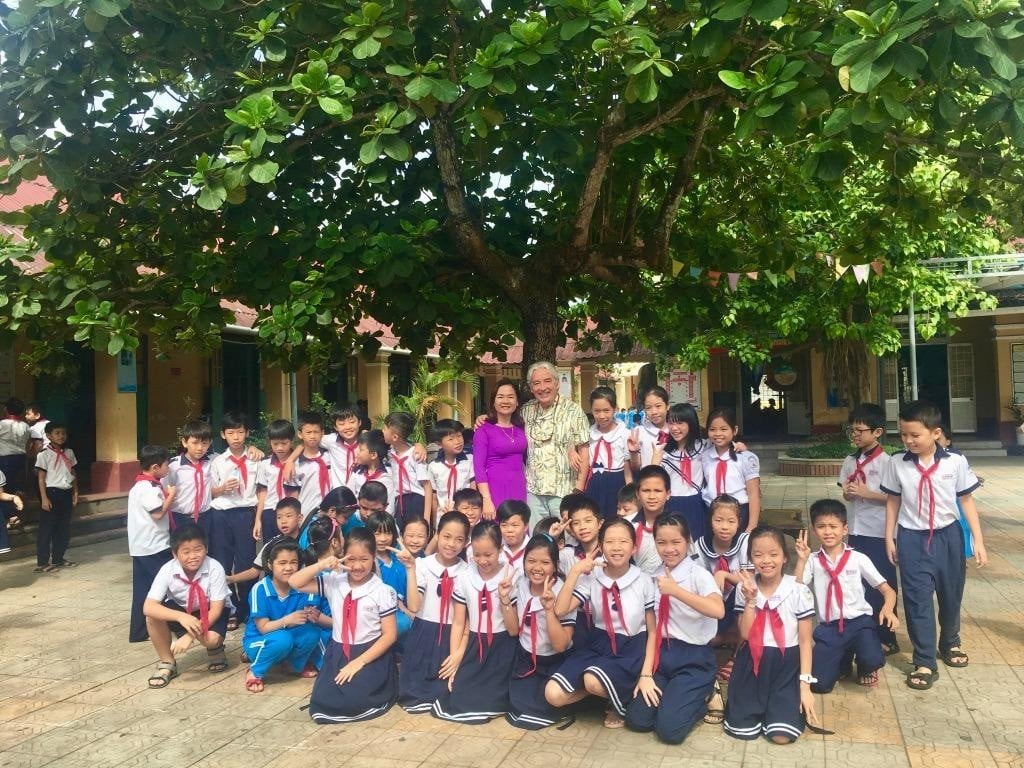 |
| Professor Ha Vinh Tho believes that scores and exams are not the ultimate goal of education. (Photo: NVCC) |
Focus on ethical values
In order for students to feel happy when coming to school, teachers also need to change their thinking about education? In your opinion, what is the biggest change that teachers need to make?
The journey to rebuild teachers’ happiness in teaching will not be easy, and there are many barriers. It is important for teachers to understand that their happiness is linked to the happiness of others, of society and of the common good. Therefore, happy schools should focus on ethical values.
The quality of the teacher-student relationship is one of the key factors leading to the happiness of young people. To do this, teachers cannot limit their tasks to sharing knowledge and information. They must understand that in the age of the Internet, information is always available, at any time, with just a few taps on a smartphone.
Merely memorizing and checking that information has been memorized is not enough. Students must develop self-awareness, ethical values, critical thinking, creativity, the ability to work in teams and solve problems together, and social-emotional skills.
Many tasks will be taken over by machines, so teachers must focus on inherently human skills that machines will not be able to perform. Teachers become coaches and mentors.
In my opinion, focusing on students' individual strengths and talents rather than their weaknesses and shortcomings will create a positive classroom atmosphere that benefits all.
What is the role of the Principal in building a happy school? What values should schools focus on?
Principals and education boards play a central role. The important changes that are needed can only happen if teachers feel strongly supported by their superiors. To change the way students are assessed, we must also change the way teachers and schools are assessed.
Good academic performance is important but not sufficient. The ability to create a positive classroom atmosphere, emotional support, all these important factors must be part of the teacher evaluation process.
Another important aspect that the education system should focus on is inclusion. The challenges that future generations will face can only be solved through collective effort and intelligence.
Schools must not only cater to the most talented students, but must also ensure that no child is left behind, including children with special needs and disabilities.
Finally, we should not forget that parents, students, teachers, cooperation and mutual support of parents are essential for positive changes.
Thank you, Professor!
Prof. Ha Vinh Tho has worked for many years in the field of special education and therapy, sharing daily life with adolescents with special intellectual and behavioral needs. He has worked for the International Committee of the Red Cross (ICRC) in war zones across Asia, the Middle East, Africa and Europe. He is the former Program Director of the Gross National Happiness (GNH) Centre in Bhutan; and a visiting professor at several universities, including UCLouvain (Belgium), Osnabrück (Germany) and Geneva (Switzerland). |
 | According to Professor Nguyen Lan Dung, in the VUCA world, young people need to learn and update continuously, moving towards having the ability... |
International Day of Happiness, how can children always find optimism and happiness in life and in their studies... |
International Day of Happiness: Know enough to be happy! Prof. Dr. Huynh Van Son, Principal of Ho Chi Minh City University of Education, believes that the lesson of "knowing enough" to be happy... |
'Every young person must be a pioneer in digital transformation in volunteer activities' Ms. Do Thi Kim Hoa, Director of the National Volunteer Center (Central Committee of the Ho Chi Minh Communist Youth Union) said that each union member, ... |
Organizing field trips and practical experiences is one of the important activities of education but it ... |
Source





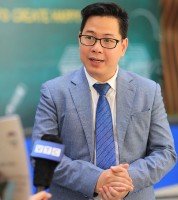
![[Photo] Ho Chi Minh City Youth Take Action for a Cleaner Environment](https://vphoto.vietnam.vn/thumb/1200x675/vietnam/resource/IMAGE/2025/11/04/1762233574890_550816358-1108586934787014-6430522970717297480-n-1-jpg.webp)

![[Photo] The road connecting Dong Nai with Ho Chi Minh City is still unfinished after 5 years of construction.](https://vphoto.vietnam.vn/thumb/1200x675/vietnam/resource/IMAGE/2025/11/04/1762241675985_ndo_br_dji-20251104104418-0635-d-resize-1295-jpg.webp)
![[Photo] Panorama of the Patriotic Emulation Congress of Nhan Dan Newspaper for the period 2025-2030](https://vphoto.vietnam.vn/thumb/1200x675/vietnam/resource/IMAGE/2025/11/04/1762252775462_ndo_br_dhthiduayeuncbaond-6125-jpg.webp)
![[Photo] Ca Mau "struggling" to cope with the highest tide of the year, forecast to exceed alert level 3](https://vphoto.vietnam.vn/thumb/1200x675/vietnam/resource/IMAGE/2025/11/04/1762235371445_ndo_br_trieu-cuong-2-6486-jpg.webp)



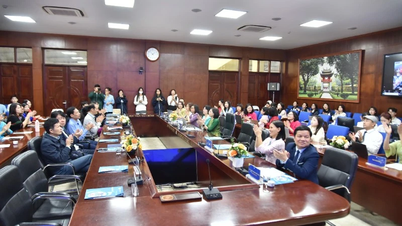

![[Video] Ministry of Education and Training announces the 2026 university and college enrollment plan](https://vphoto.vietnam.vn/thumb/402x226/vietnam/resource/IMAGE/2025/11/04/1762270484541_dung00-18-42-03still007-jpg.webp)
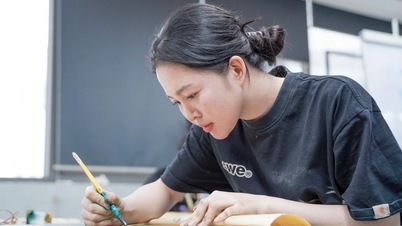








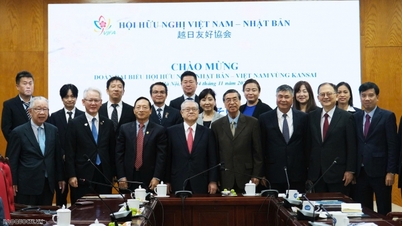
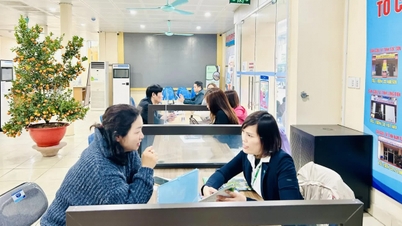





































































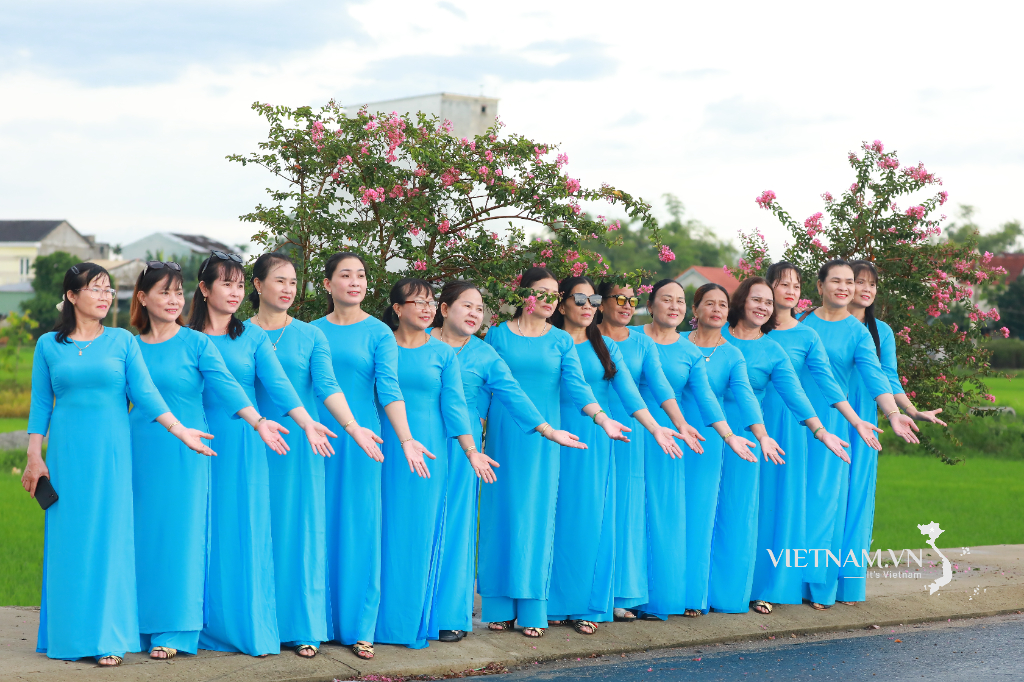



Comment (0)